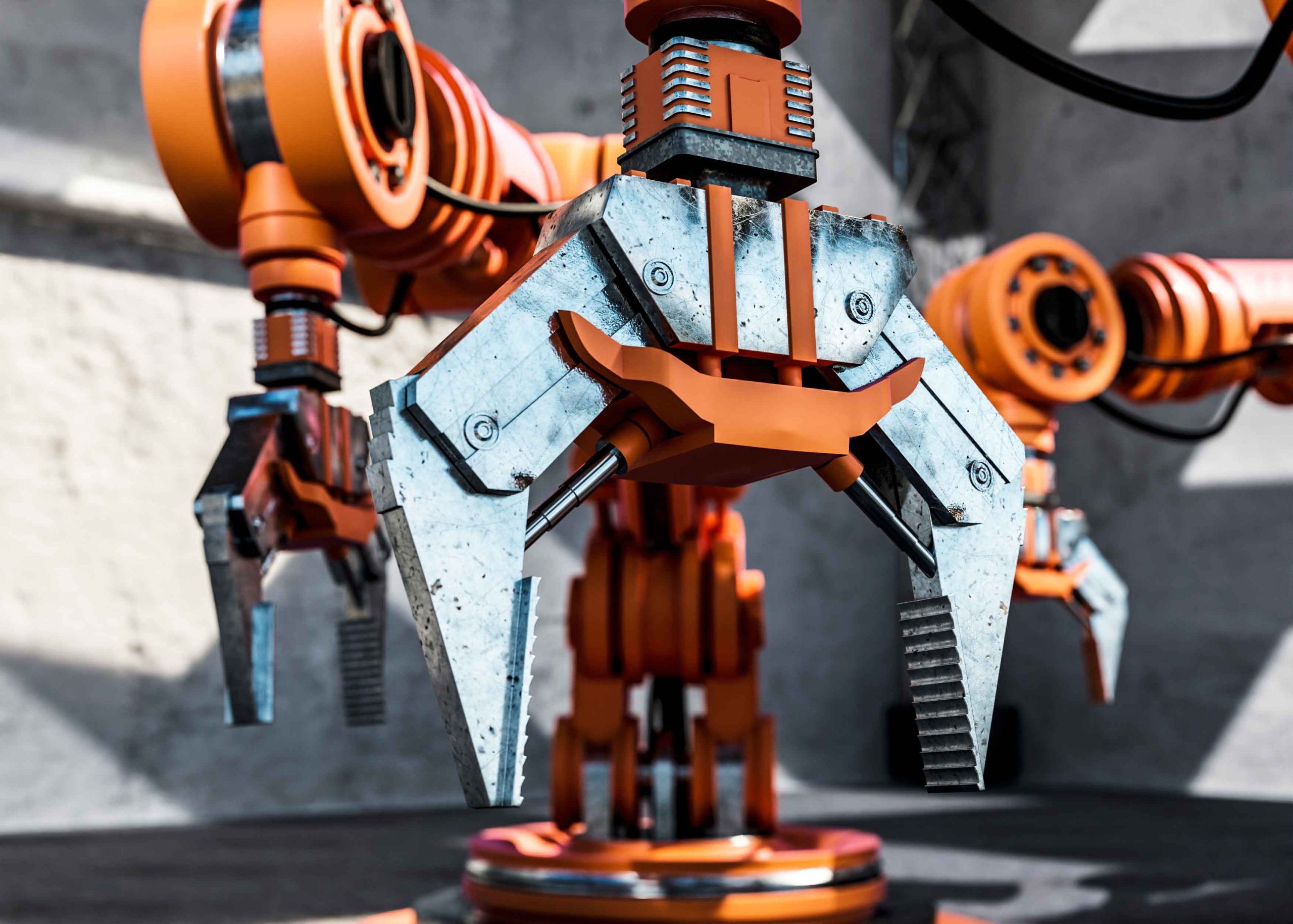Introduction:
Instrumentation is one of the vital elements in the industry that helps to control and optimize various processes. This technology not only increases accuracy and safety, but also improves the productivity of industrial systems. In this blog, we will take an in-depth look at instrumentation, its components, their role in industrial automation, and their impact on various industries.
What is a precision instrument?
Instrumentation refers to a set of equipment and devices that are used to measure, monitor, control and record data in industrial processes. These tools include sensors, transmitters, controllers, and displays that accurately capture critical information from systems and help improve the overall performance of industrial processes.
The main components of instruments and their functions:
- Sensors: As the first step in the data collection process, sensors are responsible for measuring various parameters such as temperature, pressure, flow and level. These data are sent to control systems to make decisions based on them. Sensors act as the eyes of control systems, and without them, no accurate information about the state of the processes can be obtained.
- Transmitters: After measurement, sensor data must be converted into a format usable by control systems. This is done by transmitters that convert the output signals of the sensors into standard and usable signals. These signals must be transmitted to control systems without noise and with high accuracy so that accurate decisions can be made based on them.
- Controllers: Controllers are the heart of control systems that control and adjust industrial processes based on data received from sensors and transmitters. Controllers can automatically or manually perform various operations in industrial processes and play an important role in increasing the accuracy and safety of systems.
- Displays: Displays are responsible for displaying the information collected by the instrumentation system to the operators. These displays can display data graphically or numerically, helping operators to accurately view the current state of the system and take necessary actions if needed.
The role of instrumentation in improving the performance of industrial automation:
Instrumentation is known as one of the main pillars of industrial automation. By providing accurate and real-time data of processes, these tools enable quick decision-making and optimization of operations. Some of the key roles of instrumentation in industrial automation are:
- Increasing accuracy and reducing errors: precision instruments minimize human and system errors by accurately measuring various parameters.
- Improved Safety: Instrumentation provides accurate and real-time information on the status of processes, enabling rapid detection and response to problems, which leads to increased system safety.
- Cost reduction: By using accurate tools, it is possible to optimize processes and reduce the consumption of energy and raw materials, which helps to reduce production costs.
Applications of precision instruments in various industries:
Precision instruments are used in various industries such as oil and gas, petrochemical, power plants, food and pharmaceutical industries, water and sewage and many others. In each of these industries, instrumentation is used as a critical technology to improve the performance and increase the productivity of systems.
Conclusion:
Precision instruments play a significant role in improving the performance of industrial automation systems due to their high accuracy and importance in controlling industrial processes. With the development of technology and progress in this field, it is expected that the applications of precision instruments in various industries will expand and become one of the key factors in the competitiveness of industries.




